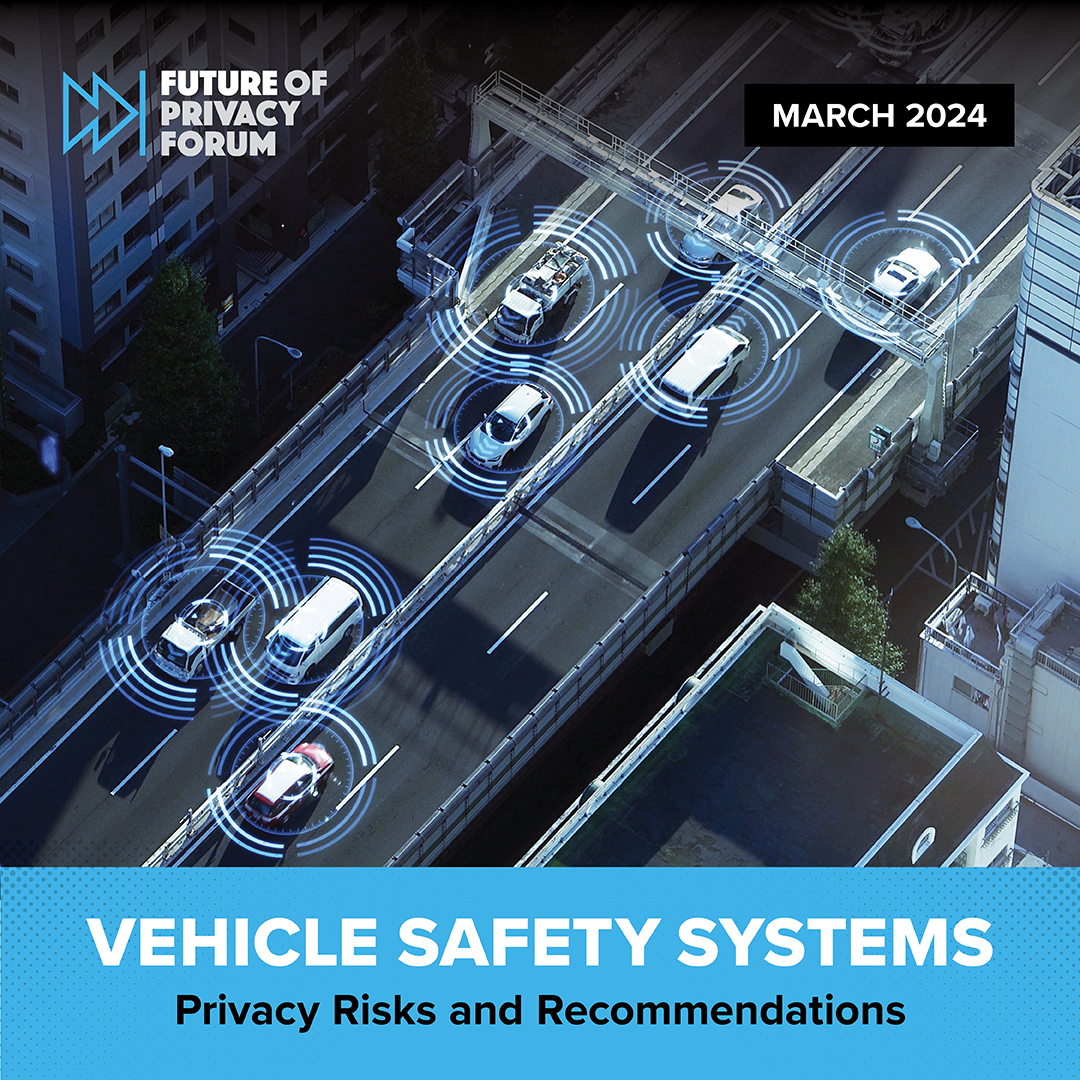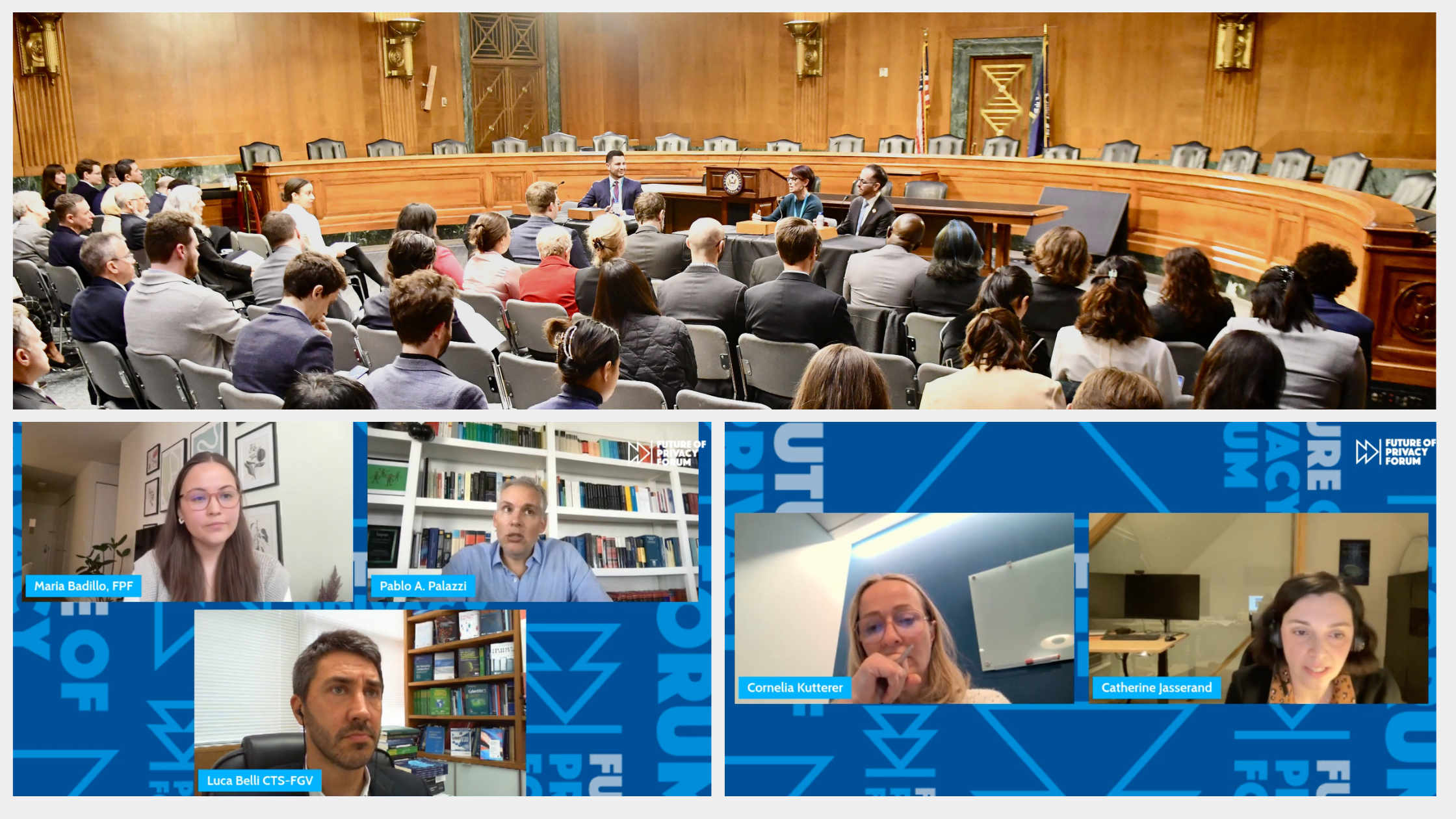Showing results for vires use vrees free bet promo code vreese19

FPF Celebrates 15 Years! Spring Social Marks Board Transition as Data Protection Leaders Toast to FPF’s Success
[…] moderated ‘How to Evaluate Novel Advertising Solutions With Privacy Enhancing Technologies,’ which featured an FPF discussion draft of a detailed rubric that experts, advocates, and policymakers can use to objectively compare different novel advertising systems, from browser-based APIs to data-clean rooms. The expert panel explored the rubric’s elements and how privacy professionals can use […]

Student Contractor, Youth and Education Privacy
[…] whether through a course or through prior work, is a plus. These positions are primarily for graduate and law school students, but exceptional undergraduate students should feel free to apply. Students with backgrounds in policy, government, journalism, non-profits, law, or other relevant fields are encouraged to apply. Deadlines: Summer 2024 Deadline to Apply: Sunday, […]

Alan Raul, Founder of Sidley Austin’s Privacy and Cybersecurity Law Practice Elected FPF’s New Board President
[…] stepping down. “In 2008, when I founded the Future of Privacy Forum, our vision was that it would be a place where we could advance the responsible use of data while respecting individual privacy,” Wolf said. “We believed that if dedicated technologists, policymakers, industry groups, and advocates focused on advancing privacy in a manner […]

Examining Novel Advertising Solutions: A Proposed Risk-Utility Framework
[…] models. Both lawmakers and enforcers of existing laws are now more focused on strengthening individual privacy rights and specifically preventing many of the harms associated with the use of personal information in advertising. Meanwhile, large platforms such as Apple, Google, and Microsoft have taken significant steps in recent years to limit access to advertising-related […]

FPF Statement on Vice President Harris’ announcement on the OMB Policy to Advance Governance, Innovation, and Risk Management in Federal Agencies’ Use of Artificial Intelligence
Following the groundbreaking White House Executive Order on AI last fall, which outlined ambitious goals to promote the safe, secure, and trustworthy use and development of AI systems, Vice President Harris has today announced the publication by the Office of Management and Budget of a binding memorandum on “Advancing Governance, Innovation, and Risk Management […]

Youth Privacy in Immersive Technologies: Regulatory Guidance, Lessons Learned, and Remaining Uncertainties
[…] experience should require unique, additional safeguards. What novel data collection and analysis methods in the immersive technology space will require discerning data practices surrounding its safeguarding and use, such as what kinds of inferences are appropriate to make from body-based data or to what extent avatars not derived from a child’s data are considered […]

New Report Explores Privacy Implications of Driver Safety Systems
[…] report explores the privacy implications of vehicle safety systems – including Advanced Driver Assistance Systems (ADAS) and Driver Monitoring Systems (DMS) – and impairment detection technologies, which use automated technology to enhance vehicle safety. In addition to core recommendations for public and private entities developing and enforcing these technologies, the report includes insights from […]

Privacy and the Rise of “Neurorights” in Latin America
[…] integrity, as a fundamental right, should be authorized by law. Simultaneously, the same legislators introduced Bill 13.828-19, which aimed to further regulate neurotechnology by requiring consent to use neurotechnology and establishing penalties for noncompliance. In 2023, only two years after the country’s Constitution was amended, Chile’s Supreme Court became the first court to rule […]

AI Audits, Equity Awareness in Data Privacy Methods, and Facial Recognition Technologies are Major Topics During This Year’s Privacy Papers for Policymakers Events
[…] Algorithms, co-written with Logan Koepke (Upturn), Pauline Kim (Washington University School of Law), Solon Barocas (Microsoft Research), and Mingwei Hsu (Upturn). Their paper analyzes how entities that use algorithmic systems in traditional civil rights domains like housing, employment, and credit should have a duty to search for and implement less discriminatory algorithms (LDAs). During […]

